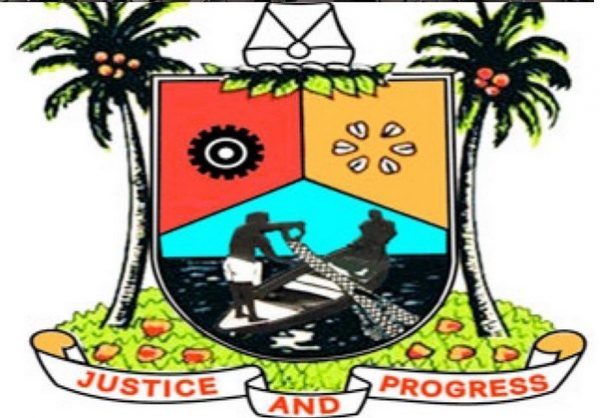The Lagos State Government on Wednesday launched a Sanitation and Hygiene Improvement Project to improve good hygiene behaviours amongst the vulnerables in the state.
The Permanent Secretary, Ministry of the Environment and Water Resources, Office of Drainage Services, Engr. Nurudeen Shodeinde, during the launching at the Amber Residence GRA, Ikeja said that the program is aimed at educating the residents of two selected LCDAs, Ikorodu North and Ojodu LCDAs on good hygiene.
Speaking through the Director, Drainage Enforcement and Compliance, Engr. Manmood Adegbite said the project entails disseminating knowledge and understanding of hygiene practices as well as their associated health hazards to low-income populations.
He added that the goal of the project is also to raise hygiene awareness among people in the target communities, with a focus on hygiene education for women and girls.
He said that the Government of Babajide Sanwo-Olu will continue to fund other important projects aimed towards the revitalization of the Water Sanitation and Hygiene sector in the State.
“This is to formalize the structured and methodical approach to gaining universal adoption of handwashing and faecal sludge disposal, behaviours that are expected to reduce disease-causing micro-organisms and parasite transmission,” he said.
He stated that the Government through the Ministry has been in the campaign for public health before now and has also embarked on the review of WASH policy for the State in collaboration with stakeholders to achieve a proper Institutional arrangements capable of delivering the goal of access to potable water and sanitation to all in the State.

He added that the Ministry has also embarked on sensitization of the populace on handwashing and hygiene practices, stressing that this was backed up by the provision of handwashing facilities in schools, markets and correctional facilities across the State.
He said if the state is to become a healthy and productive society capable of contributing to the nation’s long-term development, then everyone must understand that hygiene must not be taken for granted and appreciate
why it is important.
According to him, “our esteemed audience does not need convincing about the importance of hygiene instead, you are active stakeholders with whom we can discuss ways to persuade others of the importance of hygiene, water supply, sanitation and public health. If sanitation and hygiene are vital, then stakeholders like you who fight to promote water supply, sanitation and hygiene are critical”.
He explained that the government has not accomplished all these in isolation, but with the engagement of several partners which include Federal and Local Agencies, WaterAid Nigeria, stakeholders in the academia, development partners and non-governmental organizations (NGOs) to accelerate the development of WASH sector in the state.
He said the State Planning and Implementation committee (SPIC) would be inaugurated and its members drawn from different sectors to ensure the successful monitoring of the program while also carrying out advocacy at both the State and Local Government Area/Local Council Development Areas (LGA/LCDA).
Earlier in his remarks, the representative of the Country Manager, WaterAid/ Kimberly Clark, Ukeme Essien said the project is aimed at achieving safe services in focused geographic areas to influence wider change and also priotize WASH across the health sector to improve public health.
He said targeted beneficiaries in this project include 20, 000 mothers, pregnant and lactating women who would be provided with hygiene kits and context specific hygiene promotion activities.
He emphasized that 5,000 secondary school girls would be reached with hygiene kits, hygiene promotion and menstrual hygiene education adding that 3,000 secondary schools students would benefit from rehabilitated sanitation facilities.
Also in her welcome address, the Director of Water Resources, Engr. (Mrs.) Omolanke Taiwo said the event was significant because it is about promoting and educating residents of Ikorodu North and Ojodu LCDAs on behavioural change.
She stated further that the goal of the project is to increase public awareness on good hygiene practices and the risk it poses to their health when not practice.
She said it should be recalled that baseline survey was conducted at the LCDA level and involved data gathering on schools, Primary Health Care centres and Communities without access to toilets and handwashing facilities.


